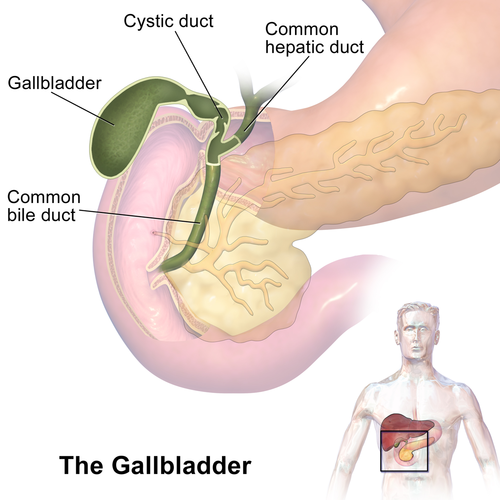CALL TODAY 646-933-3224 | EMAIL
Gallbladder Problems: Signs You Shouldn’t Ignore
Gallbladder problems can cause a range of symptoms that may start subtly but can quickly become severe if left untreated. Recognizing the early signs of gallbladder disease is essential for preventing complications and maintaining digestive health. Common conditions that affect the gallbladder include gallstones, inflammation (cholecystitis), and bile duct obstruction. Understanding these warning signs can help you seek timely medical care and avoid unnecessary discomfort.

Understanding the Role of the Gallbladder
The gallbladder is a small, pear-shaped organ located beneath the liver. Its main function is to store and release bile — a digestive fluid produced by the liver that helps break down fats. When the gallbladder becomes inflamed, blocked, or infected, it can cause pain and interfere with normal digestion.
Common Signs of Gallbladder Problems
Gallbladder issues often manifest through specific symptoms. While they may resemble other digestive disorders, these warning signs typically indicate the need for medical evaluation:
- Abdominal Pain: Sharp or cramping pain in the upper right abdomen is one of the most common symptoms. The pain may radiate to the back or right shoulder and often worsens after eating fatty foods.
- Nausea and Vomiting: Persistent nausea, especially after meals, can suggest bile flow disruption caused by gallstones or inflammation.
- Indigestion and Bloating: Frequent bloating, gas, or discomfort after eating can be signs that your gallbladder is not functioning properly.
- Fever or Chills: A fever accompanied by abdominal pain could indicate infection, such as acute cholecystitis, which requires immediate attention.
- Changes in Stool or Urine Color: Pale stools or dark urine may point to bile duct obstruction, which can prevent bile from reaching the intestines.
- Jaundice: Yellowing of the skin or eyes suggests bile buildup due to a blockage and requires urgent evaluation.
What Causes Gallbladder Disease?
Gallbladder problems are most commonly linked to gallstones — hardened deposits of digestive fluid that can block bile ducts. Risk factors for gallstones include:
- Obesity or rapid weight loss
- High-fat or high-cholesterol diet
- Female gender and age over 40
- Family history of gallstones
- Pregnancy or hormonal therapy
Other causes include bile duct strictures, infection, or poor gallbladder function due to chronic inflammation.
When to Seek Medical Attention
You should not ignore persistent or severe abdominal pain, especially if it is accompanied by nausea, fever, or jaundice. These symptoms could indicate a serious gallbladder issue requiring prompt medical evaluation. In some cases, untreated gallbladder disease can lead to life-threatening infections or the rupture of the gallbladder.
Treatment Options for Gallbladder Problems
The appropriate treatment depends on the severity of the condition and underlying cause. Common treatment options include:
- Medication: For mild inflammation or to dissolve small gallstones, certain medications may be prescribed.
- Dietary Adjustments: Reducing fatty and greasy foods can help manage symptoms and prevent further irritation.
- Minimally Invasive Surgery: Laparoscopic or robotic-assisted cholecystectomy (gallbladder removal) is often the most effective and permanent treatment for recurrent or severe gallbladder problems.
Modern minimally invasive techniques offer shorter recovery times, smaller scars, and less post-operative pain compared to traditional open surgery.
Protecting Your Gallbladder Health
Maintaining a healthy lifestyle is key to preventing gallbladder issues. Consider these preventive measures:
- Eat a balanced diet rich in fiber and low in saturated fats.
- Stay physically active to support healthy digestion.
- Maintain a stable weight — avoid rapid weight loss or crash diets.
- Stay hydrated to promote optimal bile consistency.
Even if you are not experiencing symptoms, routine medical checkups can help detect gallbladder issues early and prevent complications.
Get Expert Care for Gallbladder Problems
If you’re experiencing symptoms of gallbladder disease or suspect you have gallstones, it’s important to seek professional medical evaluation. Advanced diagnostic imaging and minimally invasive surgical options can effectively resolve most gallbladder issues while minimizing recovery time.
Contact our team today to schedule a consultation and discuss the best treatment plan for your health needs.
LENOX HILL SURGEONS
155 East 76th Street
Suite 1C
New York, NY 10021
646-933-3224
lenoxhillsurgeons@gmail.com

